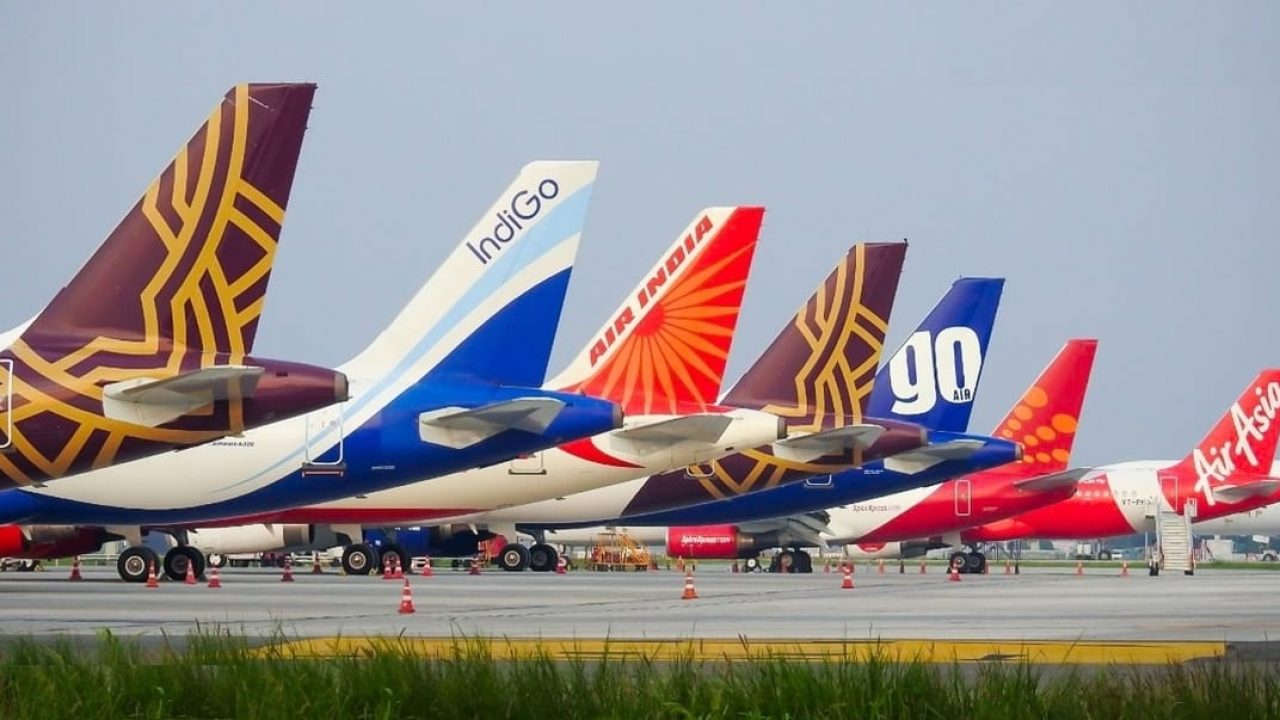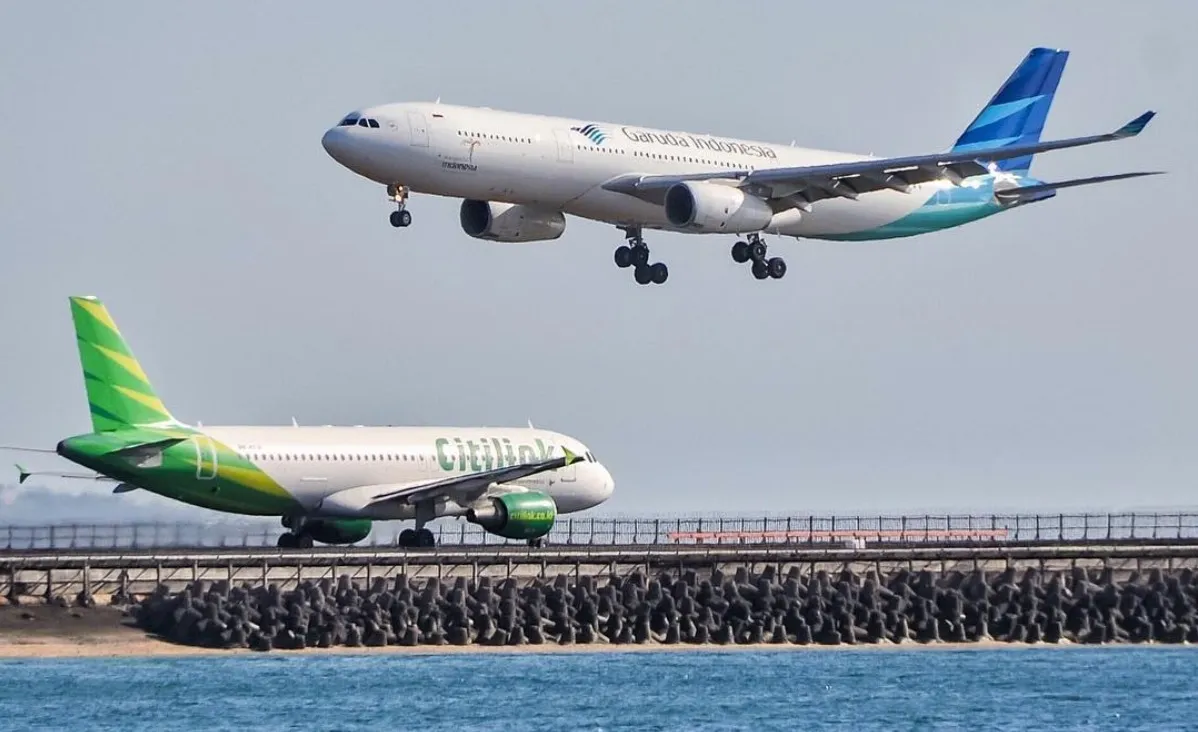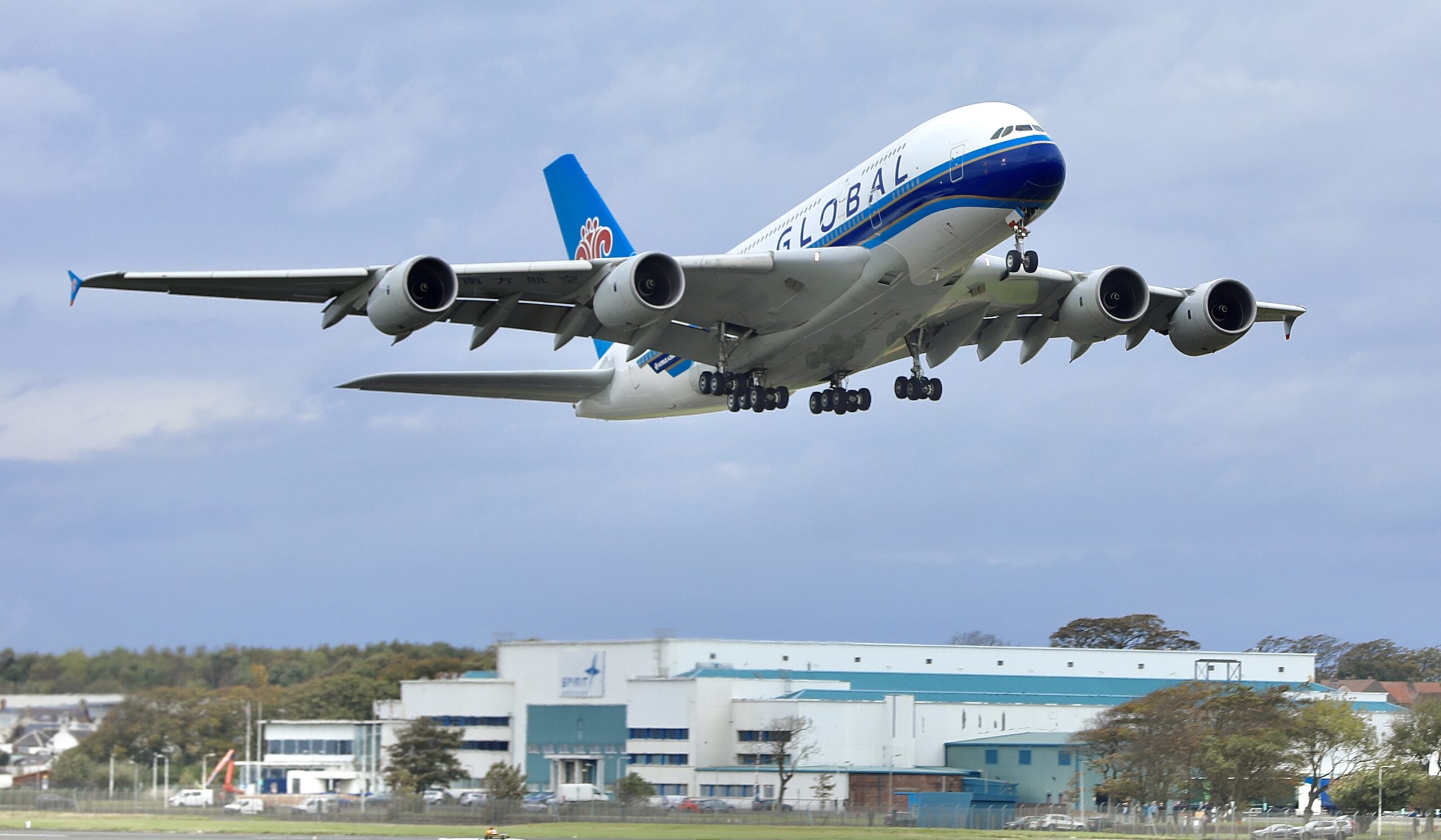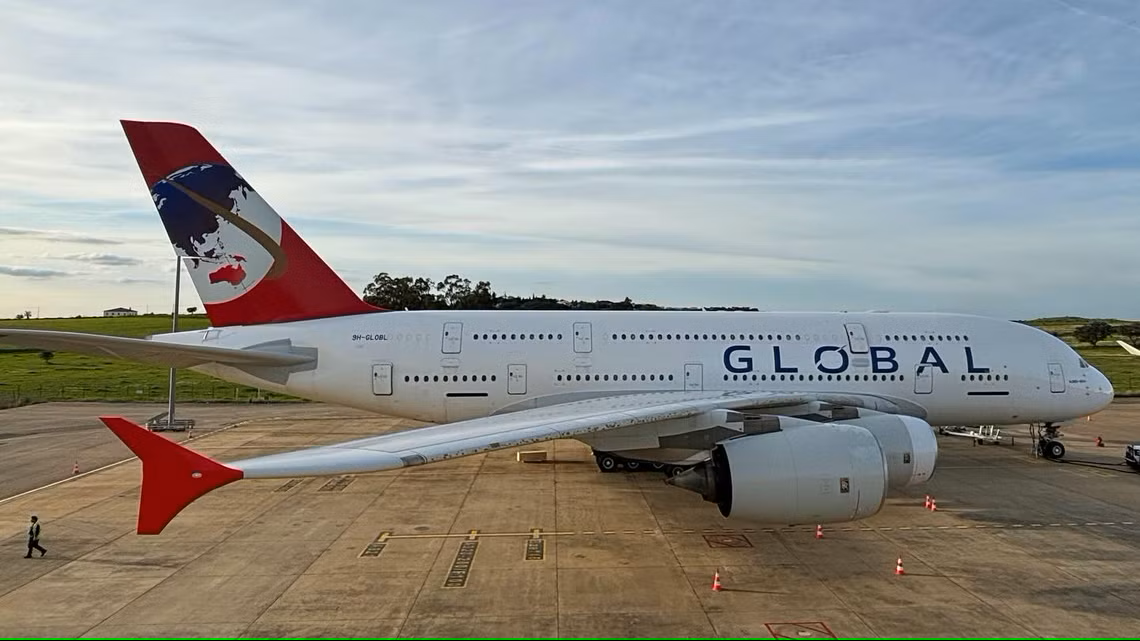🏆 Flyers Choice Awards
Have your say in the 2025 Flyers Choice Awards and vote for your favourite airline. Voting closes July 30th 2025.
Guiding you to the safest and best value airline for every journey.
Tailored and detailed ratings, reviews & information on airlines around the globe.
By joining our newsletter, you agree to our Privacy Policy
Latest Stories
India-Pakistan airspace closure triggers global flight delays
5 min read

Garuda Grounds Jets But They Arent The Only Ones
3 min read

A new airline is coming: Qazaq Air and Vietjet Air Join Forces
2 min read

The Journey of 9H-GLOBL: Global Airlines' Flagship A380
2 min read

The world's newest airline: Global Airlines is here
4 min read

Airline News
India-Pakistan airspace closure triggers global flight delays
Recent tensions between India and Pakistan have led to significant airspace closures and restrictions across the region
May 10, 2025
Josh Wood
5 min read


Garuda Grounds Jets But They Arent The Only Ones
An alarmingly high number of aircraft are parked in Indonesia and it appears demands for money are being placed on flag carrier Garuda Indonesia
May 8, 2025
Sharon Petersen
3 min read


A new airline is coming: Qazaq Air and Vietjet Air Join Forces
A new Asian Carrier is coming! Qazaq Air and Vietjet Air officially announced the launch of Vietjet Qazaqstan, a new low-cost carrier set to connect Kazakhstan with Vietnam, Southeast Asia, and beyond.
May 8, 2025
Sharon Petersen
2 min read


The Journey of 9H-GLOBL: Global Airlines' Flagship A380
Global Airlines’ Airbus A380-841, registered as 9H-GLOBL, originally began its life with China Southern Airlines and is now over 12 years old.
May 6, 2025
Airline Ratings
2 min read


The world's newest airline: Global Airlines is here
Who are global airlines and what are they offering on board
May 6, 2025
Sharon Petersen
4 min read


Categories









